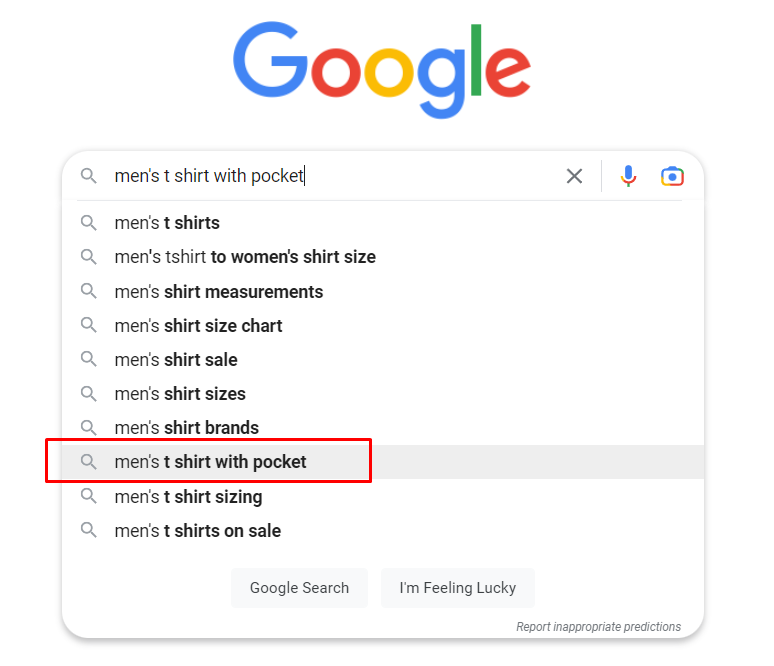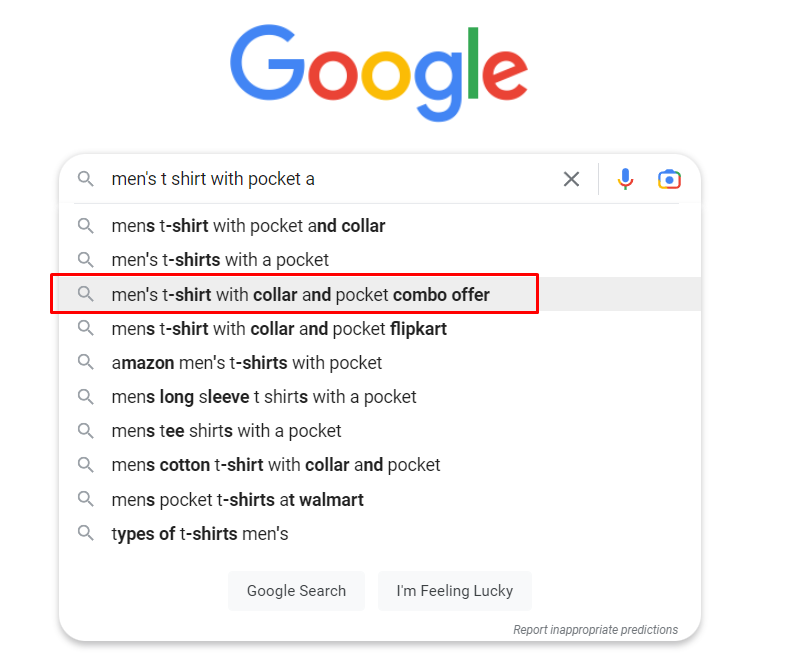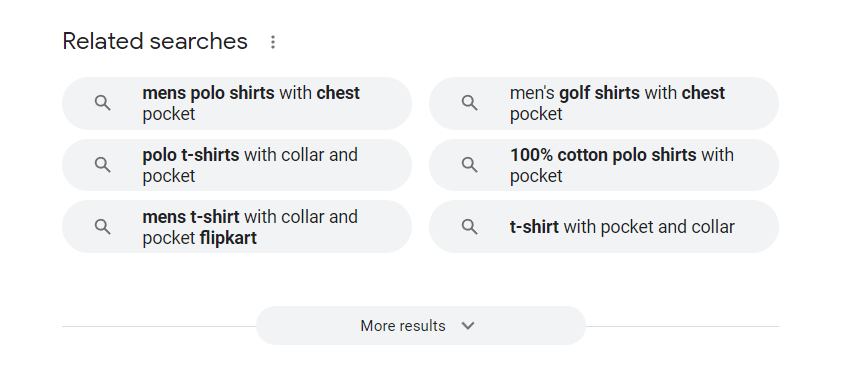I’ve found that as business owners begin to learn about SEO, the topic of a blog often comes up in conversation. They don’t understand why they need it or don’t feel like it’s relevant to their business. In this article I’m going to explain why you need a blog page for your small business website.
What A Blog Page Actually Is
Firstly, let’s break down what a blog page really is. You see, new content needs to be published somewhere on your website. If you’re using WordPress, a blog page is a web page that updates automatically with links and previews to each blog post you’ve published.
That’s all a blog really is. It’s simply another page on your website. But why is it important…?
Yes: It’s Relevant To Your Business
A common objection I hear is that “a blog isn’t relevant to what we do.” This is completely false. No matter what your industry or niche is, you are an expert in your field. It is your job to demonstrate your knowledge to build trust and authority with search engines.

Google wants to show authority websites at the top of search. And the way the big G sees it, an authority website is one that publishes content consistently over time. So if you want to prove to Google that you are more of an authority than your competition, this is how to do it.
It doesn’t matter if you are a local pizzeria, an online ecommerce store, or a large corporation. The SEO process is still mostly the same, give or take a few small things. But the brunt of your efforts should still be focused on content.
That is what the majority of your time should be spent on with SEO.
For local businesses, reviews will come naturally over time. And the Google My Business listing optimization is a once and done thing besides posting new photos. But photos take 15 minutes to capture and post daily.
Now, back to content for a moment…
Content Is Everything
Content is how you bring traffic in to your website. Yes, you need to have some core elements in place. For example, if you are a local business having a Google My Business listing is important.
But you truly don’t separate yourself from the herd unless you write great content.
But…What To Write About?
This question usually gets brought up after I explain the importance of a blog to business owners. “Okay, but what do I publish content about?” The answer is this:
You want to be answering the questions searchers have!
It’s important that we understand exactly why content on the internet is so powerful.
Understanding The Buyer’s Journey
How do people become paying customers to your business…? What’s the step by step of their interaction up till paying you with their credit card? Once you understand how this works you unlock the most powerful part of the SEO process – bringing in people who are ready to buy.
Every prospect starts in the same place. They go to Google to conduct a search. They could be looking for a local business in their area, a product online, reviews, comparisons, maybe they have a question about a specific product…either way, it all starts here.

Once they hit the enter key on their search term, they end up on the search results page.
This is where you want to snag them! It is your job as an SEO to get them to click on your website at this stage of their journey. Then, they read your content.
You see, the content serves a purpose: turning random people into paying customers. Content can do this because it builds trust and authority with this prospect. After all, if you’ve written a 1,000 word article on their question you must know what you’re talking about!
And this is where something magical happens.
Your content sells for you. Without you having to do anything. 24/7, 365…your piece of content continues to bring people into your website, and converts them into paying customers.
Now obviously, content is just a means to an end. You absolutely must include a call to action inside each of your blog posts. This is typically in the form of a button, and usually pushes them to do one of the following:
- Call your business
- Order a product
- Opt-in to your email list
- Schedule a consultation
- Visit your business location
Obviously the type of action is going to depend on the type of business you run, but every blog post should have a specific call to action attached to it. There’s no point to any of this if you aren’t making a profit in your business. You’ll want to include this call to action at the top and bottom of every blog post published.
That way, people will see it even if they only look at the top half of the page or scroll to the end.
Blog Posts Move You Up In Search
The more blog posts you publish, the higher of an authority you will be in the eyes of the big G. Over time, more and more websites will link to these pieces of content. Because of this, your domain authority, page rank, and many other factors will increase.
Even if your content isn’t bringing in traffic at the moment, that doesn’t mean it won’t a few months from now. It’s still building authority for you behind the scenes. Remember that good SEO takes 6 months to a year to see results.
Gather A List Of Questions
Okay, so back to what to write about. Now that you have an understanding of the buyer’s journey and how it pertains to SEO, it’s time to take action. In order to actually begin to generate traffic (or clicks) we need to gather a list of questions people are typing in.
We also want to word this list in the exact way that searchers are entering these questions.

I’ve written a previous article where I explain how to do topic research the right way. I’m not going to go super deep into it here, but I highly recommend reading that for a step by step guide on how to do this.
Essentially, there’s 3 easy ways you can find search phrases:
- Google itself
- Your existing customers
- Online interactions
Google Itself
Many people don’t know this, but Google actually displays a list of common questions people type in. You can access this by leveraging their autocomplete feature. Have you ever noticed when you start typing something in, Google tries to fill it in…?
This is really important for SEO, because these suggestions aren’t just random. They’re data that you can use to your advantage. For example, let’s say I sell t-shirts online.
By beginning to do a search, I immediately get a list of keywords I may not have thought of. “Men’s t-shirts with pocket” shows that people are specifically looking for shirts with pockets:

I can then create an article around this phrase. Maybe I’ll write a top 10 list of the best t-shirts with pockets of the year. This is how you should approach topic research.
Once you have your idea written down, you can add or remove letters in your search query to get even more suggestions. Now I’ve found yet another search phrase on people looking for combo offers. You’ll notice that this came up simply by typing in the letter a after the keywords I already entered.

Besides autocomplete, Google also has a list of similar searches at the bottom of the search results page. I’m going to go ahead and select the combo offer phrase I found earlier. Boom! I immediately have even more keywords to work with in the related searches section:

By taking a few minutes and entering different phrases, you can easily get a list of 20 phrases that can turn into content topics.
Your Existing Customers
If you’ve been in business a while, there’s a good chance there’s a set of common questions you often get asked by your clients. These are perfect content topics, especially if they’re coming from real customers in your niche. Take a moment and write down the common ones you get asked.
You can talk to your team about prompting customers at checkout if they have any questions. Additionally, have a notepad handy to write down questions you get asked whenever possible. Again, these are valuable questions because you know for a fact real customers are asking them. These should be the first questions you write content about, even before the Google phrases.
Bonus Pro Tip: You can combine this with the previous method I mentioned. By taking these questions to Google, we can find related questions through autocomplete and related searches.
Online Interactions
The beautiful (and also scary) thing about the internet is that you can openly read conversations going on right now in your industry. Websites like Reddit, forums, comment sections, and social media platforms are all great resources you can take advantage of. Let’s go back to the t-shirt ecommerce company example.
Let’s say I want to find more questions prospects are asking about buying t-shirts online. Well, I can simply type in a part of my question plus the word “Reddit” to immediately get some real online questions being posted:

I could easily write a piece of content on “How much should you pay for a t-shirt” based on the 2nd result here. In fact, most of my content is actually already done for me. All I have to do is re-summarize what people are saying in the Reddit comments.
Now it goes without saying you’ll want to do research and really make sure your facts are correct. And never plagiarize. To be clear, what I am saying is to take the information and put it into your own words.
You can repeat this process for any type of question and write content even if you know nothing about the topic. There’s no excuse for not creating content! Remember: Content is what moves the needle and gets traffic to your website.
It’s Time To Get Writing
Hopefully by now you understand the why when it comes to having a blog. By consistently publishing original, high quality content you set yourself apart as the authority in your industry. This builds trust, expertise, and authority with both Google and real prospects looking for you online.
It doesn’t matter what type of business you operate, content and having a blog is still relevant for you. If you choose to ignore this, and spend all your time on artificial stuff: you won’t achieve results. All the big SEO experts understand content is important, and that’s why you will see they publish a ton of blog posts on their websites.
Want To Be A SEO Ninja…?
If you want to learn proven, powerful, and effective strategies for SEO check out Local SEO Shuriken. It’s my step by step process that has easily helped 100s of businesses rank #1 in search. Local SEO Shuriken really is the ultimate resource on SEO.



